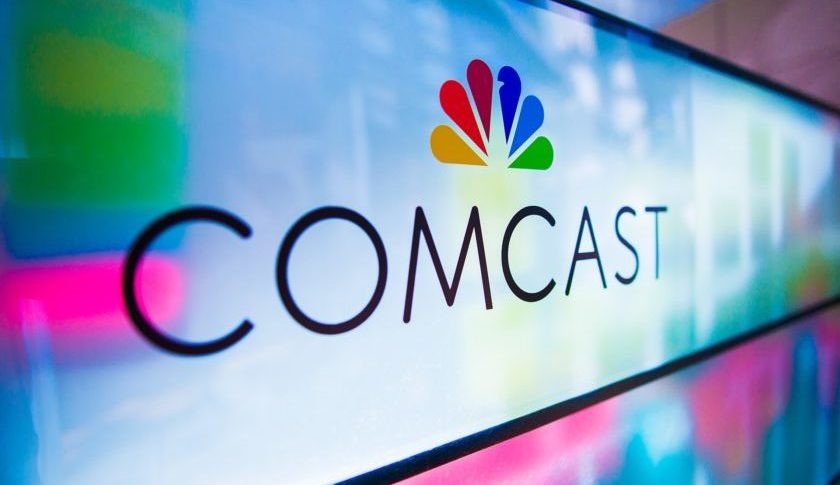M+E Connections

Comcast CFO: Olympics, Super Bowl Gave NBC One-Two Punch
Story Highlights
Comcast’s NBCUniversal business is off to a strong start in 2018 behind the strength of the Super Bowl broadcast Feb. 4 and then the Winter Olympics broadcast from PyeongChang, South Korea, Feb. 9-25, according to Comcast CFO Mike Cavanagh.
It was a “very successful Super Bowl” for NBC that represented “the most profitable night in our history,” he said March 5 at the Deutsche Bank Media, Telecom & Business Services Conference in Palm Beach, Florida.
The strong ratings on Feb. 4 were helped by the NBC drama “This Is Us” airing after the game, which he said was “the best launch into a scripted show following the Super Bowl in 10 years time.”
NBC’s ratings on Olympics nights were then “more than double the sum of the other three networks, which is a wider spread than we’ve seen in prior Olympics,” he said, echoing a data point reported by NBCUniversal Feb. 26.
NBCUniversal had said NBC Olympics coverage reached a total of 19.8 million viewers, and its primetime performance “more than doubled the combined primetime viewership” of ABC, CBS and FOX (9.8 million) during the Olympics period. The NBC-only primetime average viewership of 17.8 million, meanwhile, “beat by 82% the average of the combined broadcast networks to rank as the most dominant Winter Games on record,” it said.
It was a “profitable Winter Olympics for us” and that “wasn’t always the case before we owned” NBC, he said. The Super Bowl and Olympics coverage were part of the network’s “big nights” strategy, he noted, saying: “We’ll have 60 percent of the big nights on television in the course of 2018.” Up next is the FIFA World Cup soccer tournament, which he pointed out will be broadcast from Russia on the company’s Telemundo network starting in June.
Meanwhile, Comcast’s Universal Pictures movie business has had, over the past four years, “three of the most profitable years in the film business of the 100 years of the studio, and that business is on a trajectory to do that again” this year behind releases including “Jurassic World: Fallen Kingdom” in June and the animated “The Grinch” in November, he said.
For the first time, Universal will have four animated movies in one year, which was “a big logic behind buying” DreamWorks Animation, he said. Comcast bought the animated studio in 2016 for $3.8 billion.
Regarding Comcast’s recent offer to buy Sky, he said the European pay-TV giant was attractive, in part, because it has “growth opportunities going into new markets,” including Spain, Switzerland and “we think more to come.” Sky’s strength includes “the integration of distribution, content and technology,” so it’s “very much akin to the businesses we know well,” he noted.
Cavanagh added: “We don’t need to be international for the sake of being international. But if you are going to consider something that’s interesting as an international opportunity, I think Sky checks important boxes, which is it’s significant, it’s got market leadership positions, it’s got good management and solid momentum, so it’s not a turnaround project by any stretch of the imagination.”
Pointing to broadband opportunities, he said “only 80 percent of Americans have broadband, so we think there’s room for just more penetration of high-speed data looking ahead.” Seventy-five percent of Comcast customers are getting 100 megabits per second or better speed, he told attendees, adding 80% of its subscriber footprint was 1 GB-enabled at the end of 2017 and that’ll grow to 100% by the end of 2018.
Usage of broadband is also growing significantly among Comcast customers, he said. He predicted there will be about 50 Internet-connected devices in the average home by the end of 2020, but added: “Obviously, many of us are going to end up with way more than that.”
In business services, meanwhile, Comcast has done very well with small businesses, but still has a “huge amount of opportunity in middle-sized businesses,” he also told the conference.









